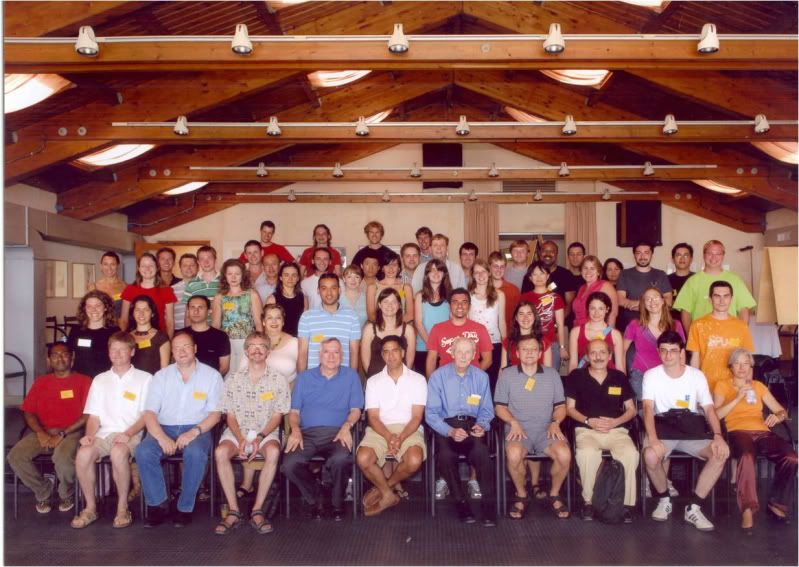CEDAR RAPIDS, Iowa - Iowans are bracing as extreme cold arrives and remains through Tuesday morning.
Arctic air is continuing to move into the area, resulting in falling temperatures and dangerously cold wind chills. The worst of the cold will happen Sunday night into Monday.
Temperatures will keep falling Sunday evening. Widespread lows of -20 to -25 still appear likely; these would approach or set new records for January 6. With a northwest wind of 15 to 30 mph, sometimes gusting higher, wind chills will fall to -40 to -50. The highest risk of wind chills reaching -50 is generally in areas near and north of Interstate 80.
There will be almost no meaningful recovery from the cold on Monday. Despite a partly cloudy sky, winds are still going to be howling at 15 to 30 mph, sometimes gusting higher. With highs only getting back to -10 to -15, wind chills will stay close to -40 even during the day. To give a sense of how cold Monday will be, we will be very close to our all-time record coldest high temperatures.
Although Monday night and Tuesday will both be very cold, the wind will lighten to less than 15 mph. Wind chills Tuesday night will be close to -30, rising to around -10 on Tuesday.
THIS IS A POTENTIALLY DANGEROUS SITUATION. Frostbite will occur in less than 15 minutes on exposed skin! Limit your time outdoors. If you must spend time outside, wear several layers and cover as much exposed skin as possible.
The Mayo Clinic website recommends dressing in layers and covering as much skin as you can if you have to be outdoors.
Watch for symptoms of frostbite -- which include a painful, prickly sensation, pale or grayish-yellow skin and hard or waxy-looking skin.
Symptoms of hypothermia include shivering, clumsiness or a lack of coordination and slurred speech or mumbling. As hypothermia progresses, the victim may cease to shiver.
Seek medical attention if you experience any of those symptoms.
Do not leave pets outdoors – animals left out of warm shelter will freeze.
This cold wave will feature actual air temperatures that are the coldest since 2009. However, that cold wave had much lighter winds. The intensity of the low wind chills will be the worst eastern Iowa has experienced since 1996. This is an exceptionally strong blast of Arctic air. Plan ahead and be prepared – water pipes may rupture and power outages may occur (given the gusty winds). We will also be reaching temperatures at which vehicle exhaust may freeze directly onto pavement, causing icy patches.

